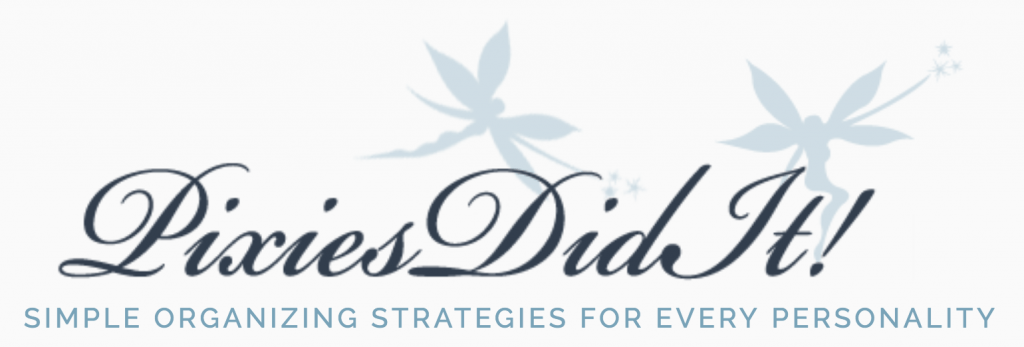Separated SINCE Birth
 We’re finishing up friendship week with sibling relationships, which actually dips back into last week’s in-law week. Sibling friendships can be a profound blessing or feel like an unbearable burden. The trick with a sibling is to realize that even though you had the same upbringing, it’s rare that you’re the same person or personality type and therefore your adult lives might be very different from each other. Today, we offer up two keys to happy and healthy adult sibling friendships.
We’re finishing up friendship week with sibling relationships, which actually dips back into last week’s in-law week. Sibling friendships can be a profound blessing or feel like an unbearable burden. The trick with a sibling is to realize that even though you had the same upbringing, it’s rare that you’re the same person or personality type and therefore your adult lives might be very different from each other. Today, we offer up two keys to happy and healthy adult sibling friendships.
The first trick is treat your sibling as you would an unrelated friend. You’re not a sibling’s parent even if you feel you helped raise them or you think they’re incompetent — Classics (SJ), Smart Structures (STJ) and Organic Structures (NFJ) are most likely to judge in this way. They’re adults and make their own decisions. Your job as an adult sibling is to support your sibling as best you can, like you would a friend. If they want your advice, give it. Otherwise, assume they don’t want your advice. If they’re happy, you should be happy for them. Period. Again like a friend. The problems crop up when siblings say thing like, “I am happy for/love my brother, but ….” No matter what their personality type, there isn’t a sibling on the planet who actually welcomes your judgement on their life choices. Obviously if they’re some raging drug addict this is a different story but I’m talking about normal folk here.
The second trick to be friends with your adult sibling is to figure out how to be friends with their significant other. Think about it. This person is their best friend and if you don’t like their best friend, well, when does that type of situation work out amongst regular friends? Yeah, a big fat, never. So it’s not likely you’ll be good friends with your sibling unless you find a way to be good friends with their significant other.
Everyone complains about their mother-in-law but often sibling friendships are tested most when they marry or date someone you don’t adore. Sometimes these gripes are legitimate. You end up with the world’s most selfish or crazy brother or sister-in-law and it drives you batty. But, most often your sibling isn’t married to (or dating) the devil’s spawn and the problem is actually you. I know, I know that’s tough to hear let alone swallow. It’s just that I’d say maybe 20% of the problems I hear about are actually the fault of the in-law — and yes that 20% is about as scientific as Papa Smurf’s magic potions.
So that leaves 80% of the time the real problem is well, you. I can’t tell you how many girlfriends I have who have issues with one of their brother’s wives. And yes, even if another sibling agrees with you, it still doesn’t mean that you are in the right. And your husband agreeing with you certainly doesn’t — the guy’s just saying what you want to hear to have regular sex.
The trick to knowing whether the problem is your in-law or you is asking yourself if your sibling is truly happy with their significant other. If the answer is yes and this person isn’t a drug addict then whatever your gripes are, well, they’re yours. As in, your problem not theirs. If you want to be close to your sibling, you’ve got to figure out a way to see why your sibling loves this person and focus on those traits and try to ignore the ones that annoy you.
Another trick is to ask yourself whether you felt replaced when the sister or brother-in-law came on the scene or shoved aside. Often ego and bruised feelings are behind a lot of in-law animosity. It’s a tough question to ask yourself but if the answer is even in the same zip code as a “yes” then I guarantee the acknowledgement of this truth alone will improve your relationship with your sibling or even your child. Often it’s just a matter of finding a new role for yourself in your brother/sister’s life.
